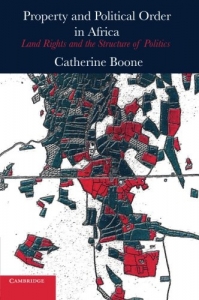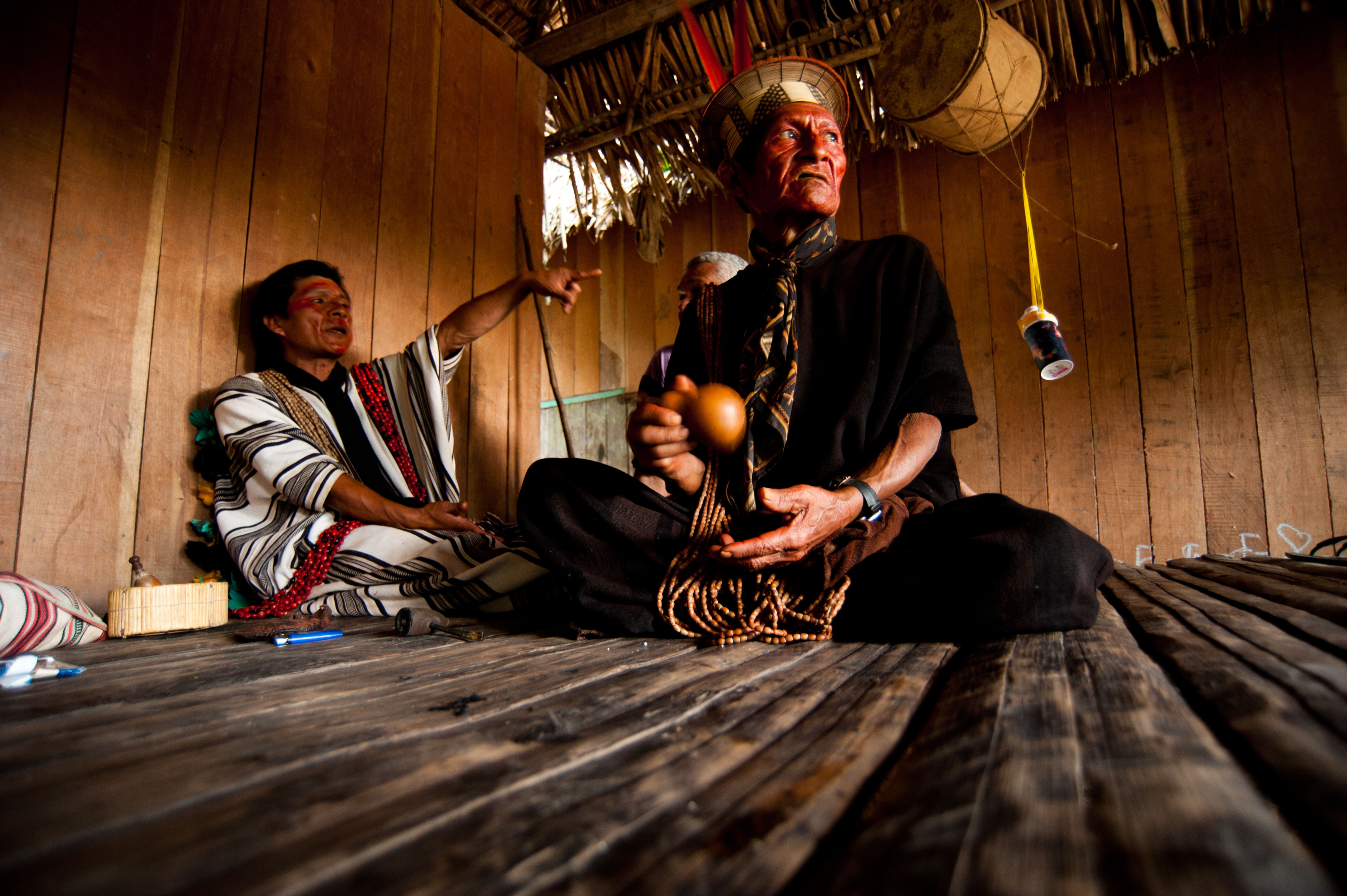Professor Catherine Boone’s book, Property and Political Order in Africa (Cambridge, 2014), has been announced as co-winner of the Luebbert Best Book Award from the Comparative Politics Section of the American Political Science Association (APSA). It has also won Best Book from the APSA-ASA African Politics Conference Group, and Honorable Mention for the African Studies Association’s Herskovitz Best Book Award. Below is the award citation.
 Herskovitz Award Citation
Herskovitz Award Citation
November 2015
Catherine Boone
Property and Political Order in Africa: Land Rights and the Structure of Politics (Cambridge University Press, 2014).
Today one of the most prominent issues in African politics is how property rights in land are negotiated, secured, and contested, often cutting to the heart of political authority. These such as land allocation by indigenous leaders and land grabbing by transnational companies are often it the news. Although many scholars have addressed land tenure matters in Africa, few have related this to the structure of politics, or indeed the very order of the state.
Catherine Boone’s Property and Political Order in Africa addresses this lacuna in an impressive, substantial, and wide ranging study of 32 conflicts over land in 12 major case studies of politics across eight countries. The research is grouped broadly into two types of land tenure regimes: neo-customary and statist/private, covering chiefly western Burkina Faso, western/southern Ghana, western Kenya and the Rift Valley, west/northern Cameroon, southwestern Côte d’Ivoire, North Kivu DRC, Rwanda, and Zimbabwe.
Employed a sustained and rigorous research methodology, Boone delves deep below the surface to chart, analyze and explicate the rural African political economy and its institutions, and then relates this agrarian sphere back to the world of state politics by examining the impact of conflicts over land and in turn, the state’s role in brokering rights to land. She clearly demonstrates how both statist and neo-customary land tenure structures influence national and local politics.
By re-focusing attention of rural institutions, the author deftly uncovers the inner workings of rural politics and its significance of such players as smallholders, and how the national sustains political order at the grassroots level. The mix of property rights, law, authority, and citizenship is power and complex across these countries, with outcomes varying widely. However, Boone’s comparative approach helps readers perceive the patterns and meanings in the mosaic. Contradictions between private property rights and political authority — especially between statist and neo-customary land tenure regimes — are laid bare and plotted over time, generating a more sophisticated approach than has hitherto existed. The result is a clearer understanding of the ways in which property institutions can buttress or challenge the state, or even define the “axis” and “scale” of local political competition, and how both kinds of land regime can constrain grassroots democracy.
Boone argues persuasively to conclude that rural property institutions are “created, enforced, and manipulated by states” (colonial and postcolonial), are authority-based, vary greatly, and impact a wide range of political processes related to land, resource or ethnic conflicts, competition, and electoral dynamics.
Property and Political Order is an outstanding work of comparative analysis that brings local and state institutions “back in” and qualifies earlier attempts by scholars to privilege ethnicity. It is a major contribution to African political science.
from: African Studies Association 2016 Annual Meeting Program, Awards and Prizes: Melville J. Herskovitz Award, pp. 34-35





